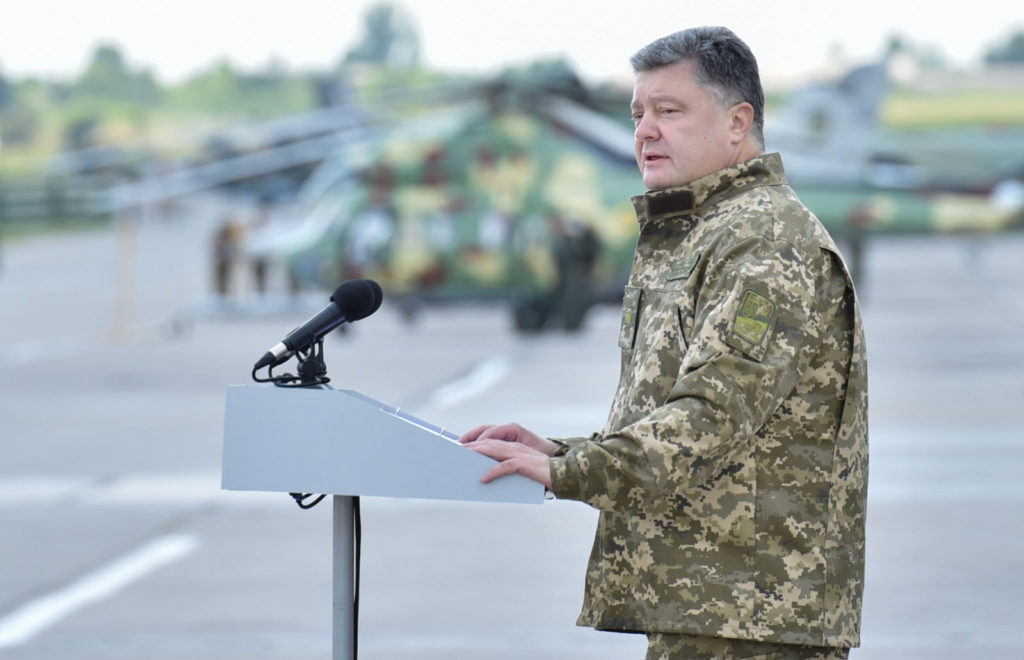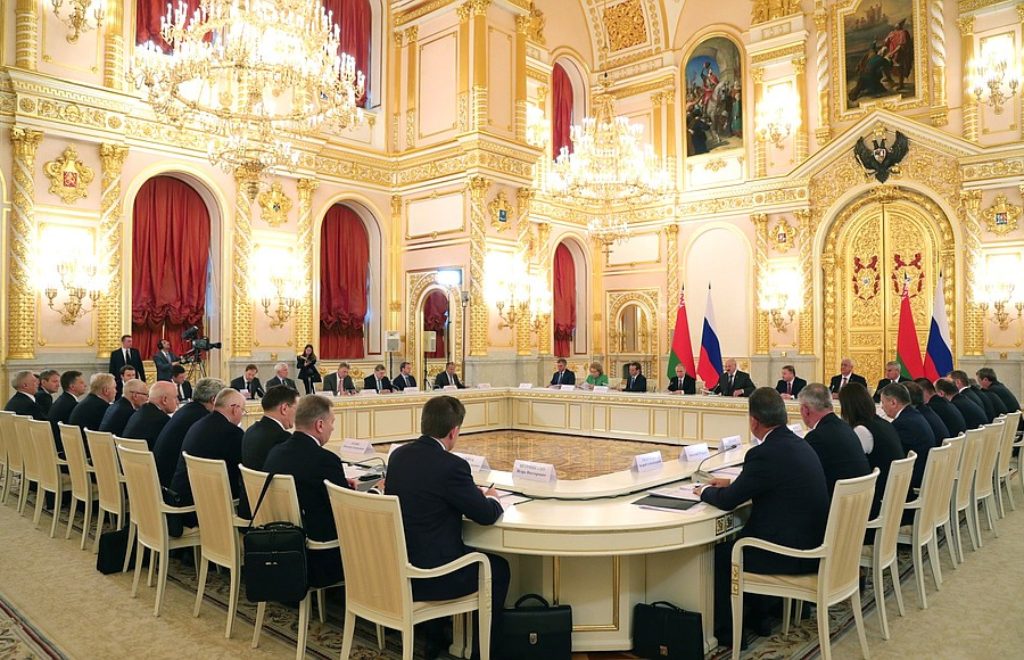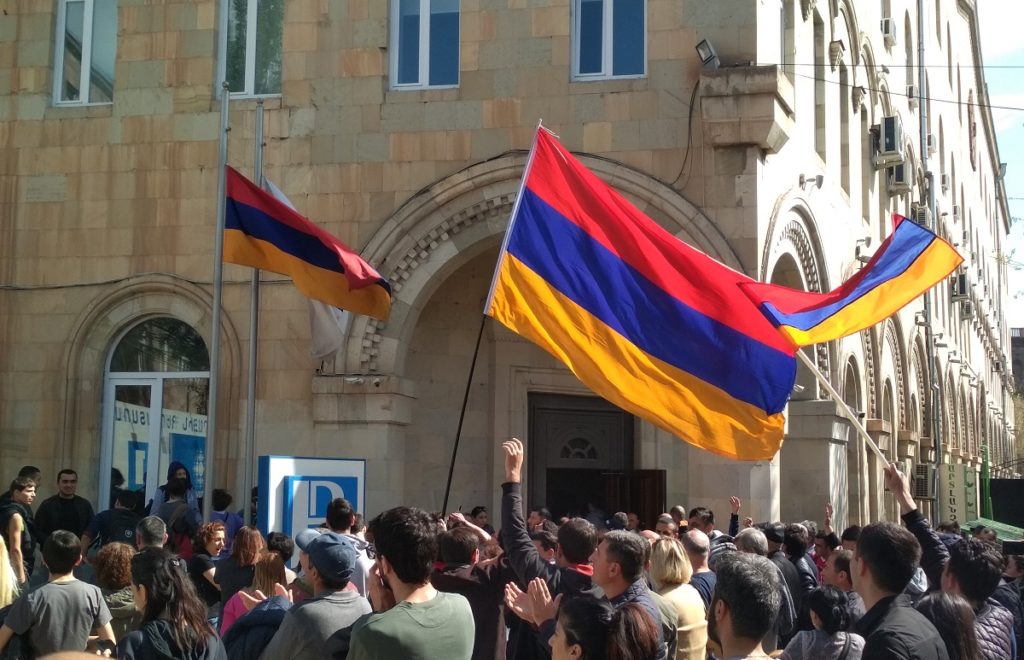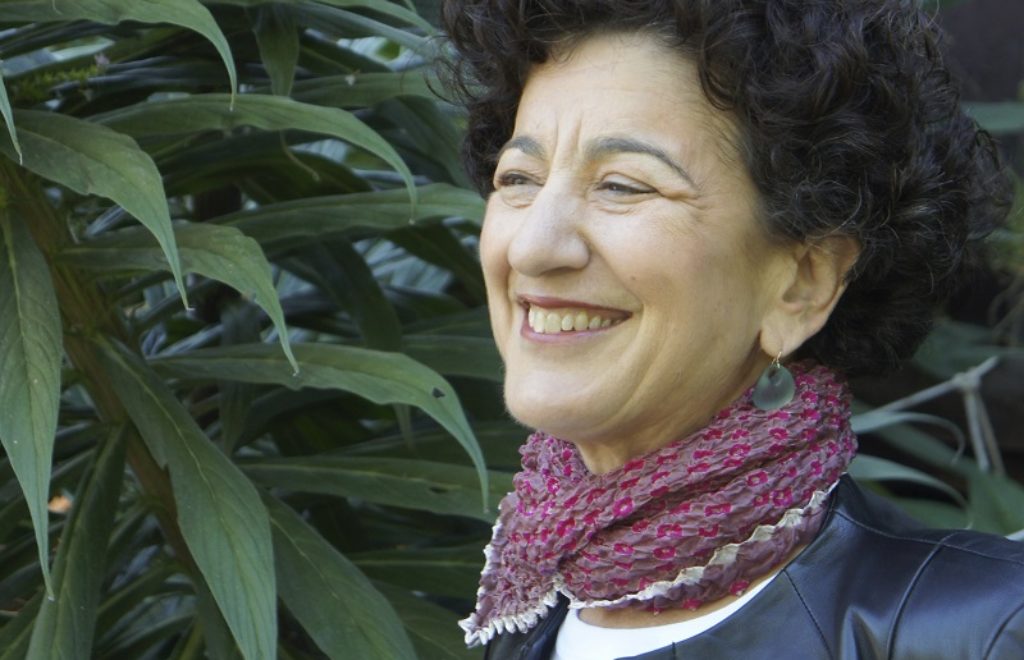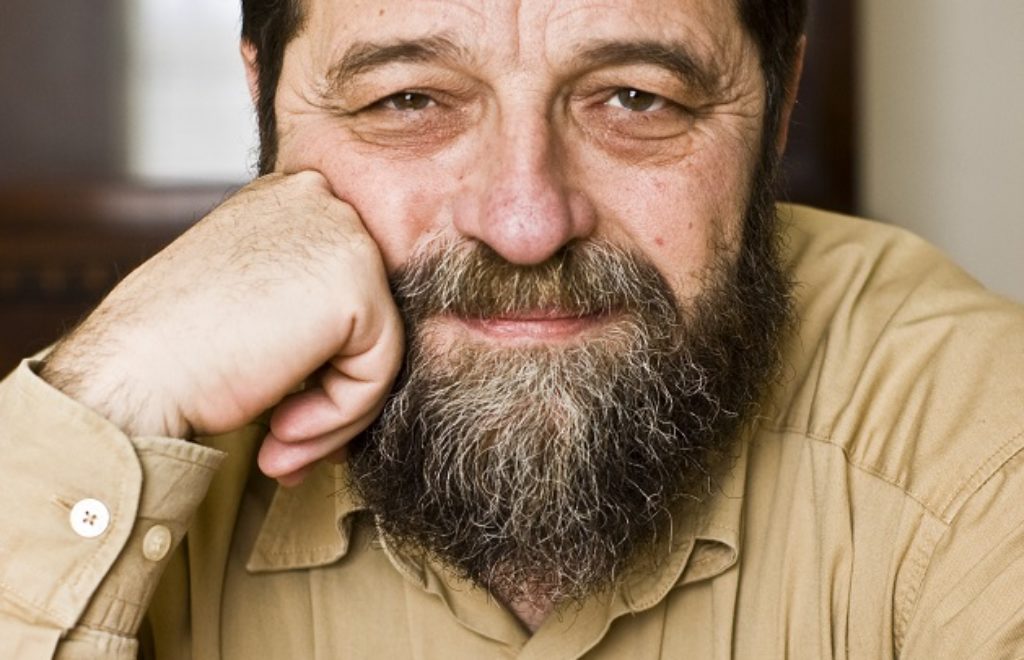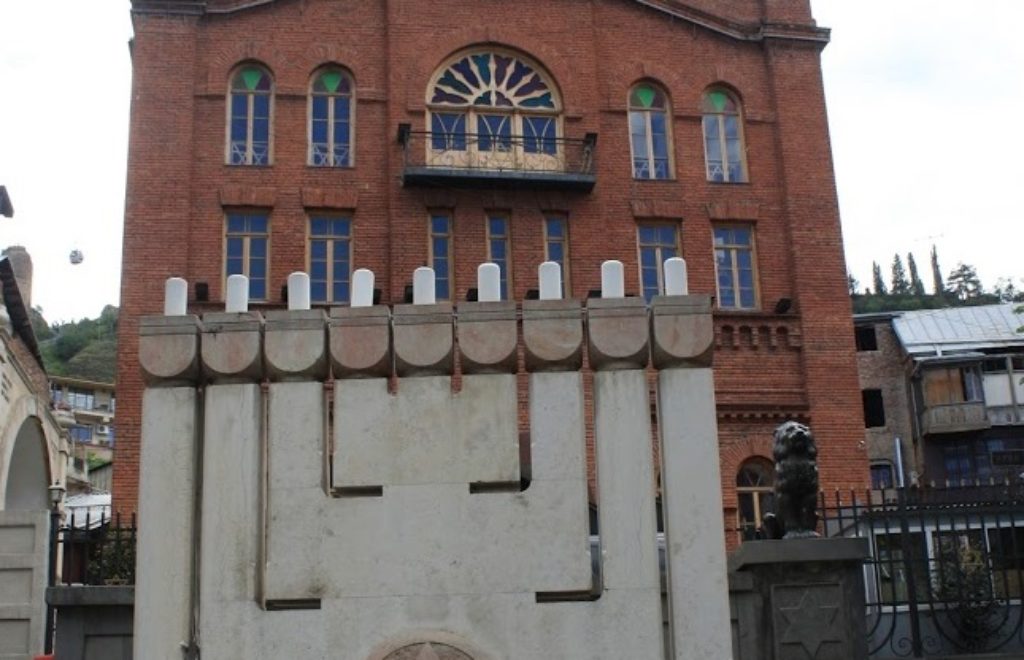Who can make Ukraine great again?
Much like champagne and fireworks, the presidential address delivered before the countdown to midnight is a traditional ingredient of New Year celebrations in Ukraine. As 2018 was ending, 1+1 – a top TV channel owned by oligarch, Ihor Kolomoisky – broke that sequence. It aired Volodymyr Zelenskiy, a comedian and entertainment producer, announcing his long-speculated bid for the presidency. “There is a third way: to try and change something in the country and I have chosen it for myself,” he said in a soothing voice familiar to his comedy show, jewellery ads and TV show The Servant of the People, a series where he plays an honest schoolteacher who accidentally becomes president and sends corrupt officials to jail amidst dramatic soundtracks and standing ovations from vyshyvanka-clad extras.
March 5, 2019 - Anna Korbut


